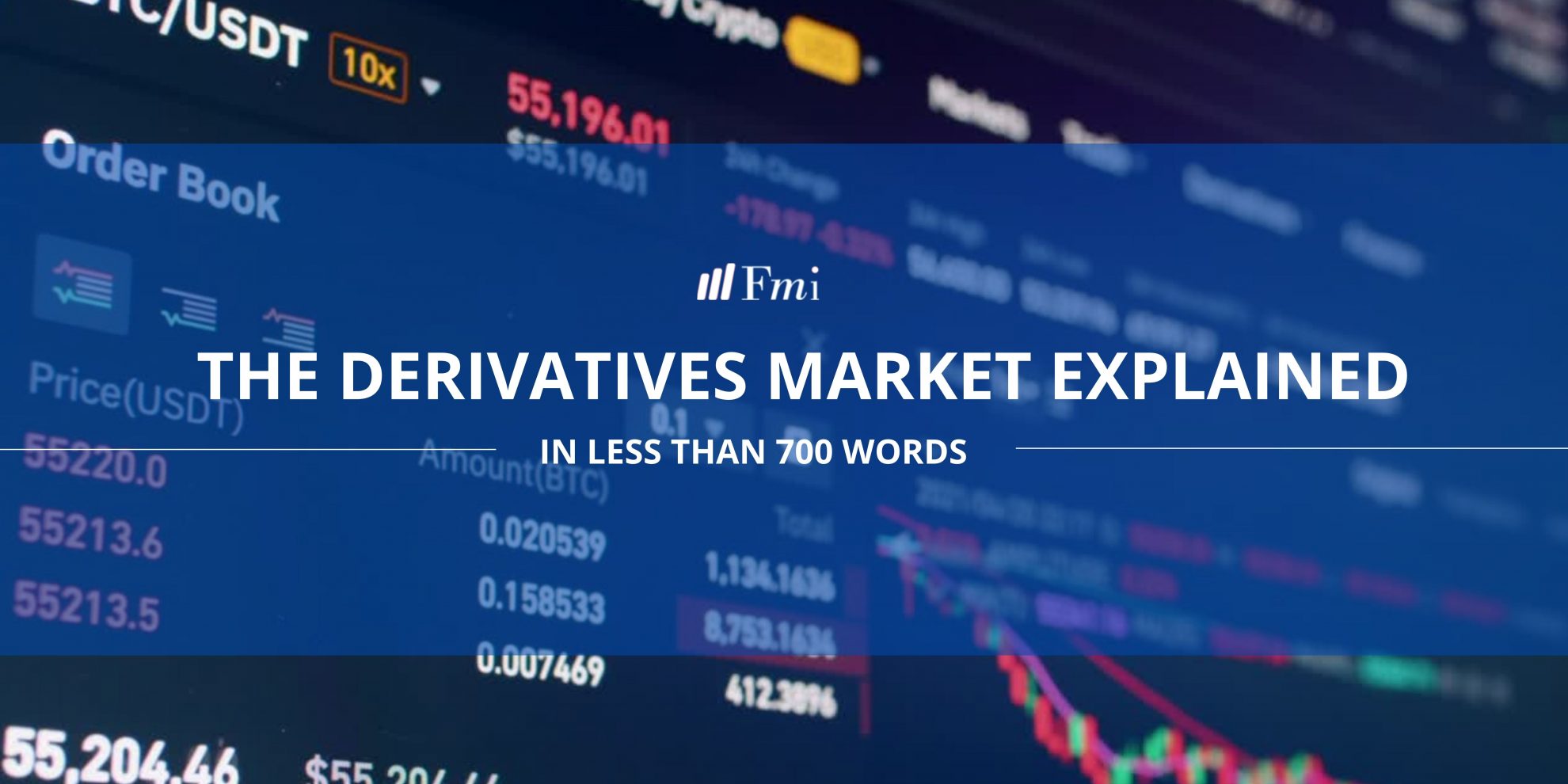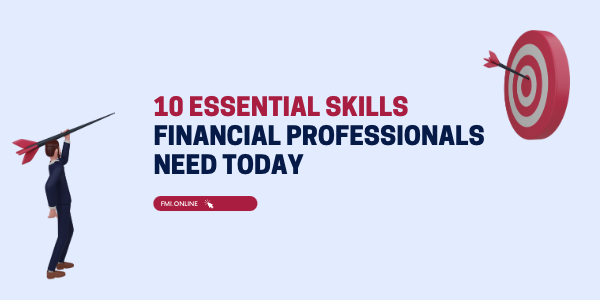You have been accepted to your dream university in the UK and plan to move in the next few months from India. Even though you’re mostly afloat on cloud nine, a worry whirls in your mind-does this mean you’d be broke soon? To make matters worse, you see that the British currency – the Pound keeps rising against the Indian Rupee. If only you could stop that. If only, you could lock it at a lower price today so you get more Pounds for your INR when exchanging currency in the future. Enter derivatives!
A derivative is a financial contract – between two or more parties – which derives its value from an underlying asset. This asset could be a metal like gold, silver etc., an energy resource like crude oil, an agricultural commodity such as wheat, sugar, corn or a financial asset like shares, bonds, foreign exchange, etc.
What is the Point of Derivatives?
An obvious benefit of derivatives as visible from the example above is prevention against risks. If the British Pound continues its upward trajectory against the Rupee, at least, you planned in advance and won’t need to bear the brunt of this increase. You would pay the lower price you previously agreed to.
Second, derivatives are also a remarkable tool for those who have an appetite for risk. If an individual vendor agrees to buy a farmer’s produce at a mutually decided price but when the day comes, the yield’s price is much lower elsewhere due to excess supply etc., the vendor still has to buy from the farmer. If the price is higher in the market, on the other hand, the vendor stands to gain from the derivative. But it’s a risk that they have to be willing to take. Ultimately, derivatives have been around for centuries informally and with their ability to bring structure to a speculative trade, today, they are a key instrument in the modern fund manager’s toolkit.
What’s a Derivatives Market?
It is the platform or the market where derivatives are traded. These can be Exchanges, which are organized markets where the trade takes place or Over-the-Counter (OTC), where the trade is agreed directly between the contracting parties. Exchanges include real-time stock exchanges like the BSE and NSE whereas OTC markets include banks, financial institutions and other participants like hedge funds, corporations, etc. While exchanges are more standardized, the OTC derivative market is less regulated and allows the members, known as counterparties, to independently operate the contracts.
Types of Derivatives:

Forwards:
This is the most common type of derivative where the parties agree to buy/sell an underlying asset for a particular price at a specified future date that is already decided on the date of contract. Both parties involved are committed and obliged to honour the transaction regardless of the price of that asset at the time of delivery. These are exchanged on the OTC market.
Futures:
Futures are basically forwards traded in a regulated exchange market as opposed to the OTC market. Examples include stock index futures such as the S&P 500 Index or currency futures.
Options:
An option is a derivatives contract that gives the right, but does not create an obligation, to buy or sell the underlying asset on or before a previously agreed date and price.
Swaps:
A swap is a derivative that allows two parties to exchange cash flows in the future based on a pre-decided formula. The most commonly traded types of swaps are interest rate swaps, commodity swaps, and currency swaps.
How can you understand derivatives better:
Derivatives are a complex tool in the financial market. While we have covered the building blocks of what they are in this article, if you want to actively work in this industry or learn how to trade derivatives, you need a deeper understanding.
At FMI, we have a specialized course in derivatives to help you learn how to choose the appropriate derivative contract for a range of speculative, hedging, and arbitrage strategies. You can also learn how to compare the contract specifications of futures, forwards, swaps and options. It is the ideal solution for anyone looking for a practical primer on derivative markets and contracts.












 60+ hours
60+ hours 9 courses
9 courses



